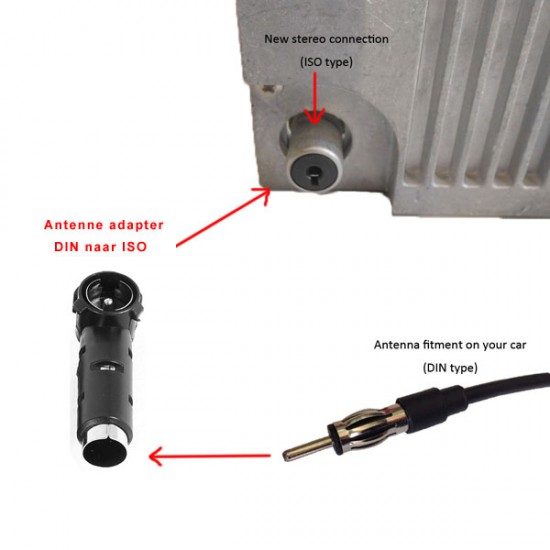
DollaTek ANT-309 autoradio-antenne auto universele FM-radio antenne patch zwart antenne signaalversterker 85-112 MHz 5M kabel : Amazon.nl: Elektronica

Autoradio-antenne FM, autoruitantenne universele auto-FM, ANT‑309 universele FM-radio-antenne patchantenne voor op de voorruit, 5 m kabel voor autoradio : Amazon.nl: Elektronica

Raam Antenne 12V Versterker AM FM-Radio Autoradio Elektronische Stereo Ontvanger Signaalversterker Verborgen - VCTparts

Antenne Radio Signaal Versterker AM FM-Radio Autoradio Booster Elektronische Stereo Ontvanger - VCTparts

Kebidumei 12V Autoradio Antenne Fm/Am Radiosignaalversterker Booster Auto Antenne Antenne Antennes 80-108Mhz Voor Marine Boot Auto - AliExpress

radio antenne versterker camper auto boot bus Autoradio FM AM signaal versterker / Booster - Lakro Autostyling en Audio

Eightwood FM Antenne FM Autoradio Antenne Din Adapter Patch Antenne 3m Kabel Windschermen Plakken Antenne + DIN 41585 Vrouwtje naar ISO Adapter voor FM Radio Auto's Vrachtwagens DAB Radio : Amazon.nl: Elektronica
















